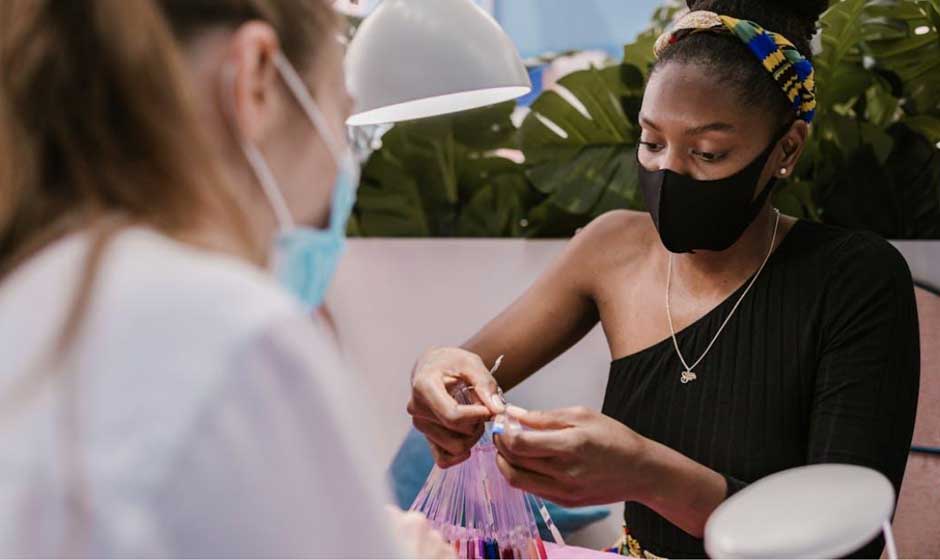Becoming a new mother is an incredible journey filled with joy and challenges. But amidst the excitement, many of us struggle with postpartum confidence. It’s normal to feel overwhelmed as we navigate our new roles, and finding our footing can be tougher than expected.
In this article, we’ll explore practical tools and tips designed to help new mothers reclaim their confidence during this transformative time. From self-care strategies to building a supportive network, we’ve got your back. Let’s dive in and discover how we can embrace motherhood with strength and assurance.
Understanding Postpartum Confidence
Postpartum confidence plays a crucial role in a new mother’s adjustment to motherhood. Feeling confident enhances overall well-being and provides a supportive base for nurturing the baby.
The Importance of Confidence for New Mothers
Confidence impacts our ability to make decisions, care for our babies, and nurture ourselves. High confidence levels lead to increased satisfaction with motherhood, fostering resilience against stressors. Research indicates that when new mothers feel secure, they create a more positive environment for their infants, promoting healthy attachment and development. Moreover, confident mothers tend to seek help, build networks, and share experiences, enriching their emotional support systems. Accessing resources like a united healthcare dietitian can provide essential nutritional guidance tailored to the postpartum period, further supporting a mother’s physical recovery and mental clarity.
Common Challenges New Mothers Face
New mothers encounter several challenges that can hinder confidence. Sleep deprivation affects mood and cognitive function, making daily tasks daunting. Body image changes, stemming from pregnancy and childbirth, contribute to feelings of insecurity. For some, finding the right swimming costume tummy control offers both comfort and confidence, helping them embrace postpartum changes without sacrificing personal style.
The transition demands significant adjustments in routines, which can amplify feelings of isolation. Additionally, societal pressures and unrealistic expectations regarding parenting can exacerbate self-doubt. Recognizing these challenges allows us to address them effectively and build stronger foundations for our confidence.
Tools to Build Postpartum Confidence
Building postpartum confidence involves leveraging available resources and support systems. Here are some effective tools to consider.
Support Networks and Communities
Support networks and communities greatly enhance postpartum confidence. Joining local or online groups provides a platform for sharing experiences, concerns, and advice with fellow mothers. Peer support fosters a sense of belonging and reduces feelings of isolation. We can connect with other new mothers through social media, parenting websites, or community centers, allowing for relationship-building that nurtures emotional well-being. Reaching out to local moms’ groups or attending workshops can also create a solid foundation for friendship, collaboration, and shared learning in this life stage.
Professional Help: Therapy and Counseling
Seeking professional help through therapy and counseling serves as a strong tool for building postpartum confidence. Licensed therapists specialize in maternal mental health, offering coping strategies tailored to new mothers. We can explore options like cognitive behavioral therapy or mindfulness techniques to address feelings of anxiety or low self-esteem. Group therapy sessions also provide shared experiences that normalize challenges and enhance peer connections. Reaching out to mental health professionals can make a significant difference, empowering us with the skills needed to navigate motherhood more confidently.
Practical Tips for New Mothers

We understand that navigating the postpartum period can feel overwhelming. Here are some practical tips to help new mothers build confidence and foster a positive experience.
Setting Realistic Expectations
Setting realistic expectations supports our journey into motherhood. Accepting that perfection is unattainable can lessen feelings of inadequacy. We can simplify tasks into manageable ones, focusing on essential responsibilities. Prioritizing self-compassion allows us to recognize that challenges are a normal part of the adjustment process. Embracing small victories, like enjoying a moment with our baby or getting a quick shower, can significantly boost our confidence. Remember, every mother’s experience is unique; learning to celebrate our individual paths is key to building resilience.
Self-Care Practices
Prioritizing self-care is vital for restoring our confidence. Regularly engaging in simple self-care practices can reduce stress and enhance mood. We can dedicate time to activities like taking short walks, practicing mindfulness, or enjoying a warm bath. Nourishing our bodies with balanced meals and staying hydrated supports our physical health and mental clarity. Sleep, even in short bursts, significantly influences our overall well-being, so we can consider napping when our baby sleeps. Connecting with loved ones or joining supportive communities can combat feelings of isolation and remind us we’re not alone in this journey.
Resources for Ongoing Support
Accessing reliable resources can significantly strengthen our postpartum journey. We can find guidance through various books, articles, and online courses tailored for new mothers.
Books and Articles
We recommend several insightful books that address postpartum challenges and boost confidence. For example, The Motherhood Project by Laura J. Williams provides practical advice and relatable anecdotes from fellow mothers. Additionally, Good Moms Have Scary Thoughts by Karen Kleiman navigates the complexities of motherhood and mental health, offering coping strategies. Articles from reliable sources like the American Psychological Association offer research-backed insights on emotional well-being during postpartum recovery. Engaging with these resources equips us with knowledge and reassurance needed during this transformative period.
Online Courses and Workshops
Participating in online courses and workshops can enhance our understanding of motherhood’s complexities. Platforms like Maternal Mental Health Now provide accessible courses focusing on postpartum health and building confidence. The Wellness Society offers workshops tailored to new mothers, emphasizing self-care and mental well-being strategies. These interactive sessions foster a sense of community and connection with other mothers while offering expert guidance. Investing time in these resources cultivates skills that support both our well-being and personal growth. For more insights on postpartum recovery, check out resources from the American Psychological Association.













